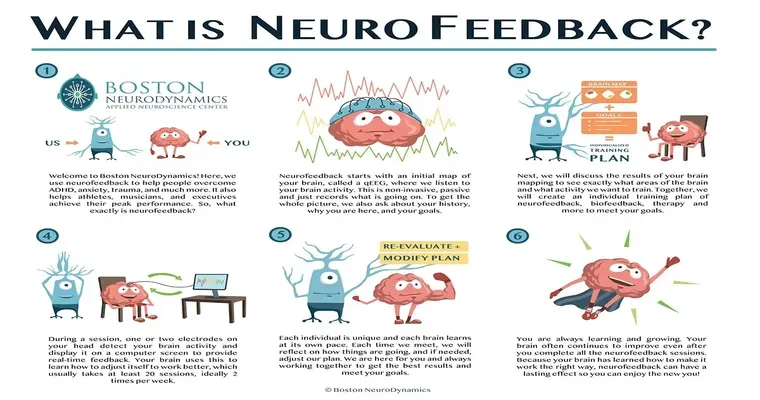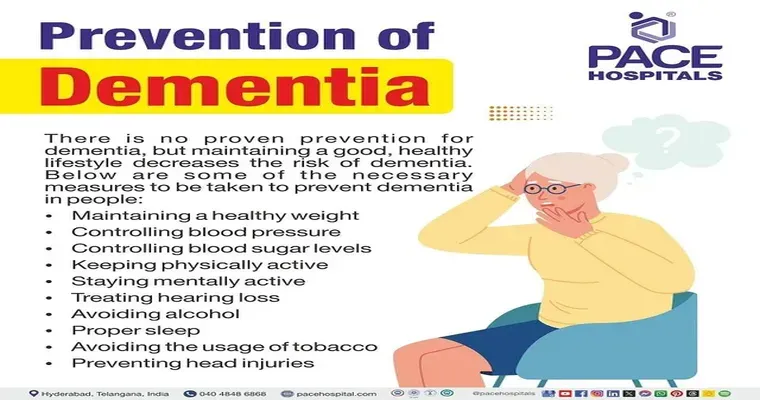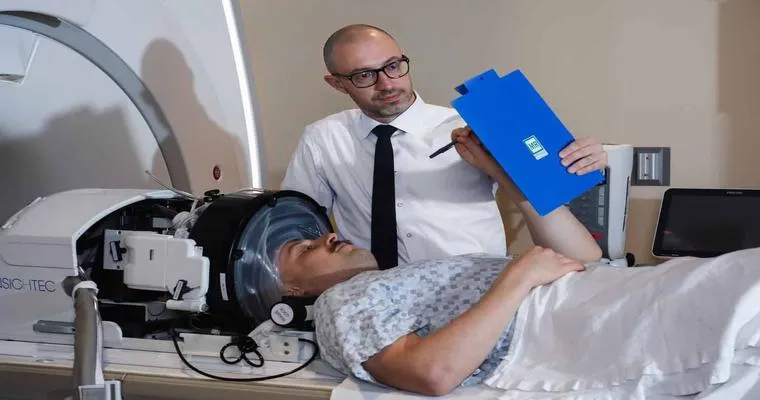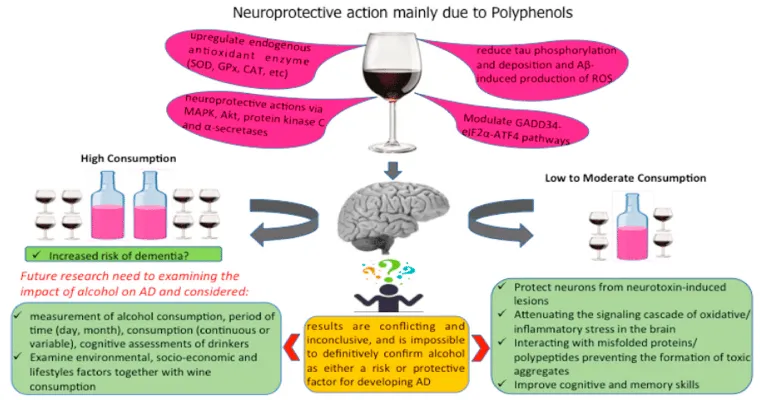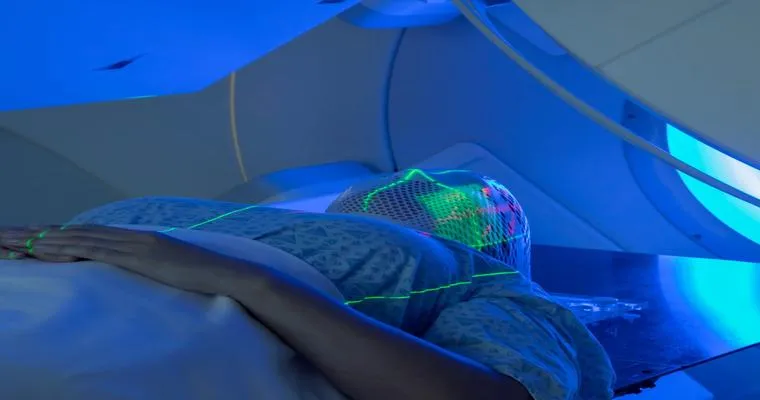In recent years, there has been growing interest in "qEEG brain mapping neurofeedback training" as a potential intervention for "dementia". This innovative approach aims to enhance cognitive function and improve brain health through targeted feedback mechanisms. As the global population ages, the need for effective dementia treatments has never been more critical. Many families and caregivers are exploring alternative therapies, prompting questions about the efficacy and experiences of those who have tried this method.
qEEG, or quantitative electroencephalography, provides a detailed analysis of brain wave patterns. By identifying anomalies in brain function, practitioners can create customized neurofeedback training programs. These programs typically involve real-time monitoring of brain activity, where individuals are trained to regulate their brain waves through various cognitive tasks. The goal is to enhance overall brain function, potentially slowing the progression of dementia symptoms.
Several studies have reported positive outcomes associated with "neurofeedback training" in individuals with cognitive impairments. Participants have noted improvements in memory, attention, and mood, which are critical factors in managing dementia. Feedback from those who have undergone qEEG brain mapping neurofeedback training indicates that many have experienced a greater sense of control over their cognitive health, leading to increased hope and motivation.
However, it is essential to approach these findings with caution. The field of neurofeedback is still evolving, and while anecdotal evidence is promising, more rigorous scientific research is needed to establish its efficacy fully. Healthcare professionals emphasize the importance of combining neurofeedback with traditional treatments and therapies, ensuring a comprehensive approach to dementia care.
As the conversation surrounding "neurofeedback and dementia" continues to grow, it is vital for potential users to conduct thorough research and consult with healthcare providers. Personal experiences can vary widely, and what works for one individual may not be effective for another. Engaging in discussions with others who have tried qEEG brain mapping can provide valuable insights and help set realistic expectations.
In conclusion, qEEG brain mapping neurofeedback training presents an intriguing option for individuals seeking alternatives in managing dementia. While initial feedback has been encouraging, further studies and personal testimonies will be crucial in determining its long-term effectiveness. As we explore the intersection of technology and mental health, the hope remains that innovative solutions like neurofeedback can significantly impact the lives of those affected by dementia.

